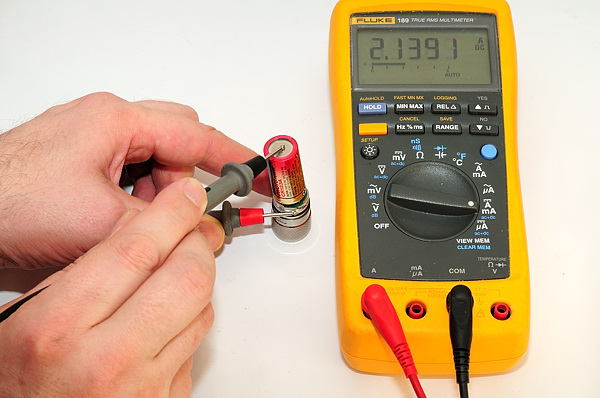HKJ
Flashaholic
Thanks for the great guide. I wasn't aware the meter turning off would cause no problems to measuring current. Am I right that no power is consumed from the internal battery either when the meter is off even if still part of a circuit?
Cheers
Turning the meter off might affect the current measurement, if the power is controlled with the range selector switch. But letting the meter turn itself off will usual not change range, because the range selector stays in the same position.
When the meter turns itself off, it will probably still use a small amount of power, this has nothing with being part of the circuit to do.



